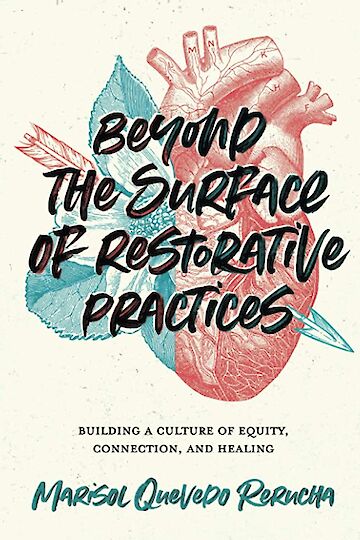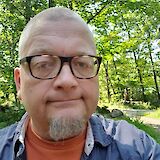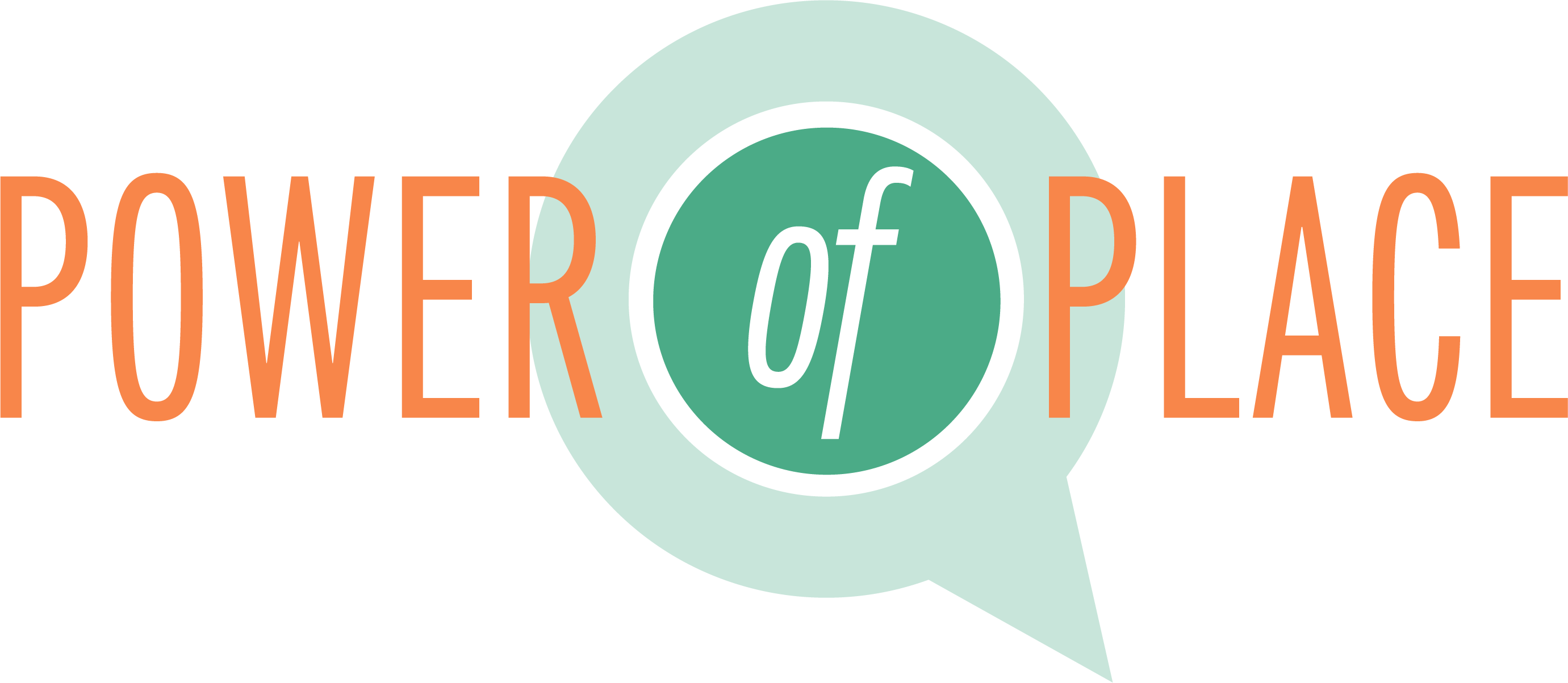December 13, 2022 Read Time:
Restorative Practices
On November 3 rd , about 70 participants, presenters, and facilitators got together at the Wylie Center in Beverly, MA, for the Fall Gathering of the Essex County Learning Community. We—ECLC folks—are a bit suspicious of the idea of “getting back to normal,” especially since our whole raison d’etre is disrupting normal. But we were at home in our regular digs. We had a crowd of more people than chairs. And since normal for ECLC means inquiry, passion, good humor, empathy, vulnerability, and trust—then, in this case, normal felt pretty good. Also, we had live music for lunch, and a stand-up comic (Val Kappa!) at the end of the day.
It was emotional just arriving. As one person said, while signing in:
"I can’t be here. I’m way too busy. But I have to be here. It feeds me.”
Indeed.
 Marisol Quevedo Rerucha, author of Beyond the Surface of Restorative Practices, led the morning plenary which began a conversation around Restorative Practices that would continue into a more utilitarian afternoon session. The morning was more about creating conditions that allow Restorative Practice to succeed. Restorative practices are not necessarily thinky, but affective. It’s both a mindset and a “heartset.” We didn’t spend the morning examining our systems, but, with Marisol’s guidance, examining ourselves. It was an emotional, almost intimate, conversation. There has to be trust in order to be vulnerable, but one must be vulnerable in order to be trustworthy. It was personal.
Marisol Quevedo Rerucha, author of Beyond the Surface of Restorative Practices, led the morning plenary which began a conversation around Restorative Practices that would continue into a more utilitarian afternoon session. The morning was more about creating conditions that allow Restorative Practice to succeed. Restorative practices are not necessarily thinky, but affective. It’s both a mindset and a “heartset.” We didn’t spend the morning examining our systems, but, with Marisol’s guidance, examining ourselves. It was an emotional, almost intimate, conversation. There has to be trust in order to be vulnerable, but one must be vulnerable in order to be trustworthy. It was personal.
Marisol brought protocols to help us out. Breathing and a check in, first. How are we on a scale of 1 (unfocused/anxious) to 5 (connected/ready to engage)? The tone is set by her three, axiomatic quick notes:
1. The key is relationships. Always.
2. Our goal is to create a safe place for all members to be brave and authentic.
3. You receive what you are willing to give.
I feel like we hear phrases like “the key is relationships” fairly often. “Relationships are everything.” “Without a relationship no learning happens.” But I’m seldom convinced the person speaking believes this. They may think they believe it, but their actions don’t bear it out. At best, they’re thinking of relationships as a thing that can be leveraged to promote “real” learning.
Listening to Marisol, I’m reminded of Hawaiian native pedagogy which stresses belonging—defined as “the relationship that can’t be undone”—as the most important value of ao ana (teaching/learning). It’s worth noting that Restorative Practice is firmly based in indigenous practices. The problem for which Restorative Practices are a solution is the exclusion, alienation, and othering of many, many kids (and other humans) in our system.
The desired outcome of Restorative Practice is to promote Inclusion and Healing Through Connection. This includes using culturally sustaining and trauma informed practice, as well as inviting the kids in, doing things WITH them, rather than TO or FOR them. Kids (and other humans) can be powerful co-conspirators in this learning stuff. So, the goal is inclusion (aka, relationships or belonging). These are not means to an end, but an end itself. Marisol quotes:
"If we have no peace, it's because we have forgotten we belong to each other." - Mother Theresa
Some years ago, I was planning a session with a psychometrician about the importance of performance assessment. I suggested starting with a connections activity and a protocol that got to the participants personal experiences of great learning. His response (I am not making this up) was, “Ah, I hate all that touchy feely stuff! Can’t we just get to the work?” I convinced him that we could not just “get to the work,” but I could not convince him that what I was proposing was the work.
Marisol reminded us that Restorative work begins inside, referring to Victor Frankl’s Man’s Search for Meaning, the first masterpiece of the modern reframing movement. Our mindsets and heartsets are based in beliefs and foundational statements, but they can be transformed through self-examination and intention.
The last thing we did before lunch was a set of conversations about our families-of-origin and important teachers in our lives. Marisol showed us a model called The Social Discipline
Window. It was 2x2 grid with CONTROL on the y-axis and SUPPORT on the x-axis.
The first question asked where our families-of-origin fit on this grid. Each corner of the room corresponded to a corner of the grid. We moved to where we thought we belonged, and then had conversations with folks who were raised “like us.” What was it like living in that particular quadrant? How did growing up like that influence the person we’ve become? The second question asked us to think of a teacher who had an impact on us. Which quadrant were they teaching from, and how did that influence each of us as a learner and then as a teacher?
As much as the upper right quadrant of the grid is clearly preferred, none of these come without complications. When we considered teachers who made an impact on us, the impact was not necessarily good. Some of us cried because of the harm caused us by these teachers, others cried because of the care shown us. It was a remarkable moment in the room, not talking about theory but about our experiences. We were looking inward and rediscovering how different aspects of our person and practice came into being, and realizing that, if we wanted to, we could change it.
This is Restorative Practice. It’s not the techniques or the protocols. It’s personal. Our work with ECLC is deeply personal. Always.

